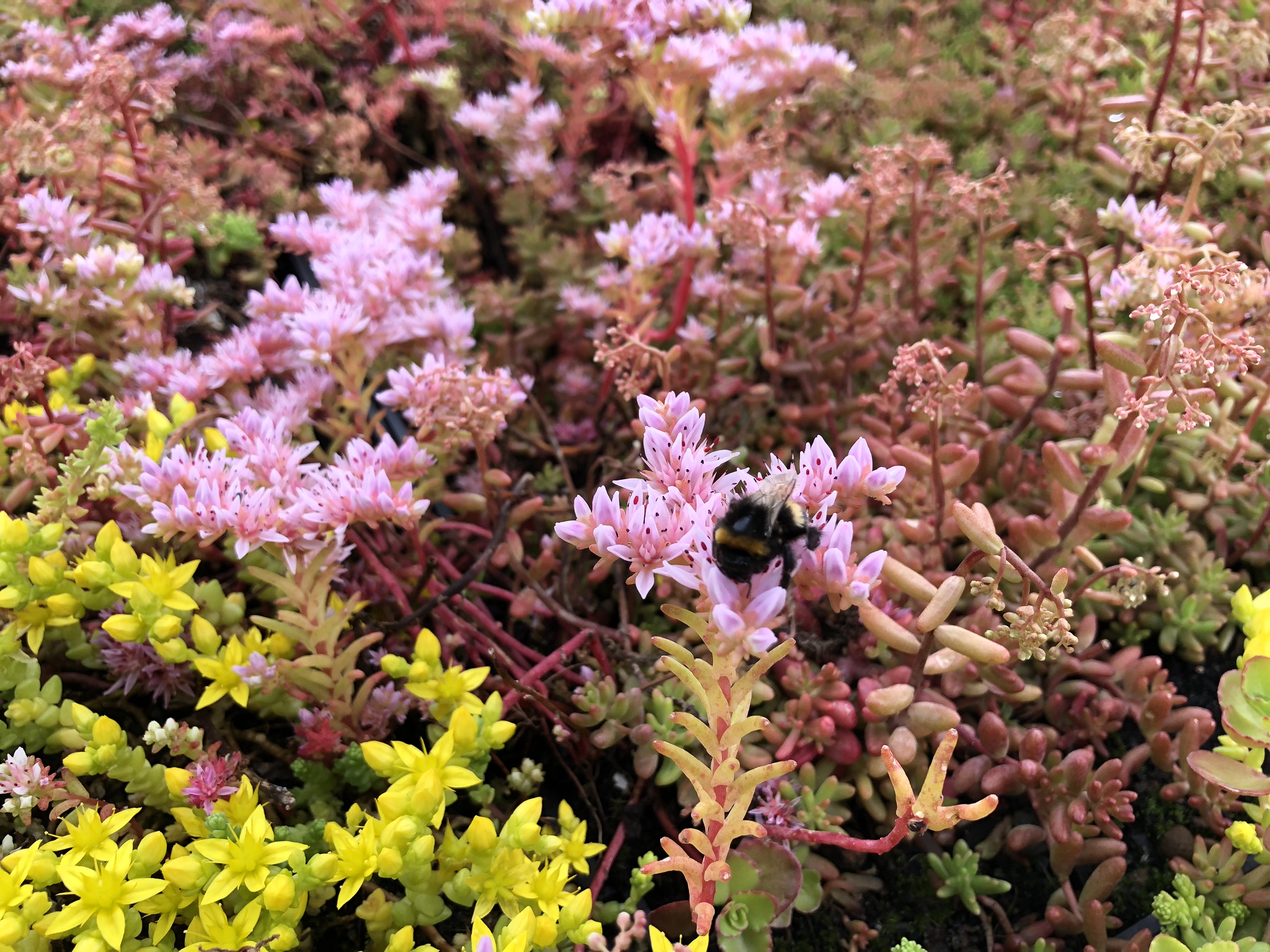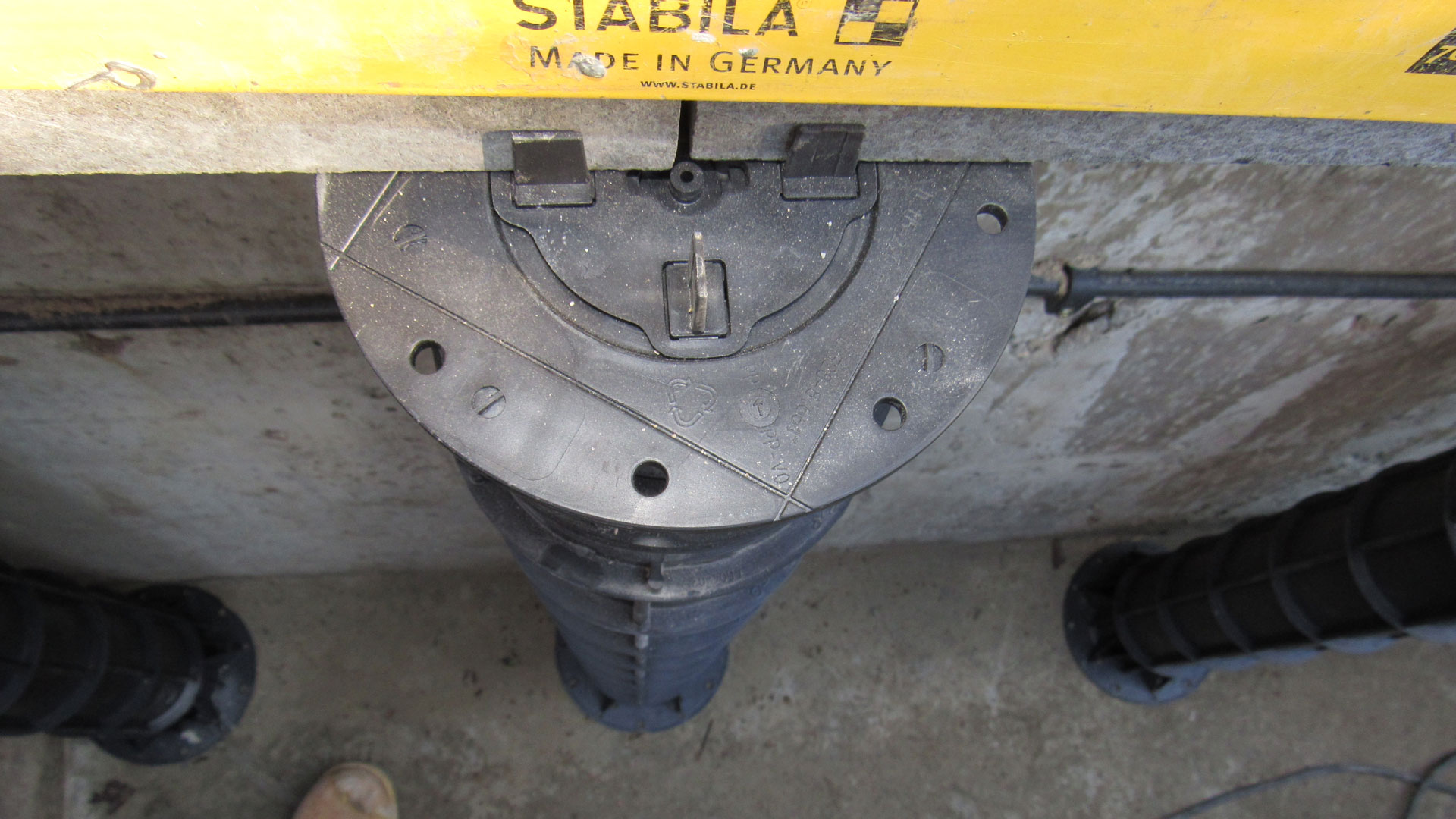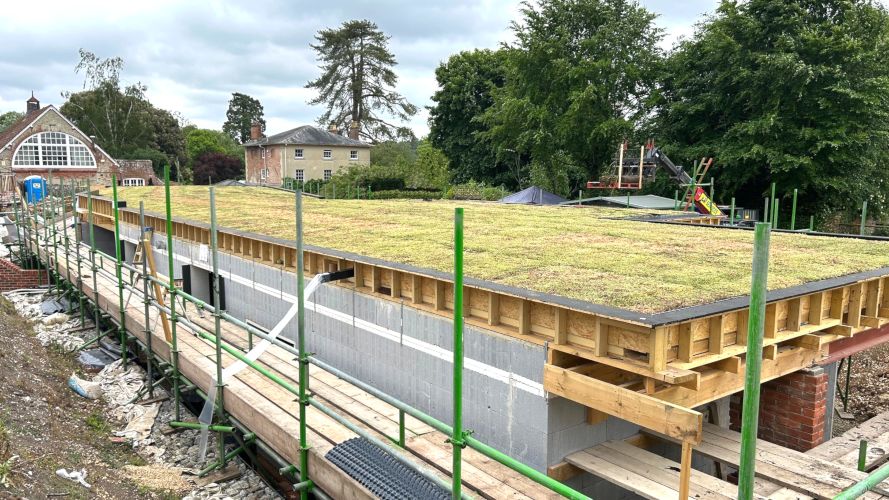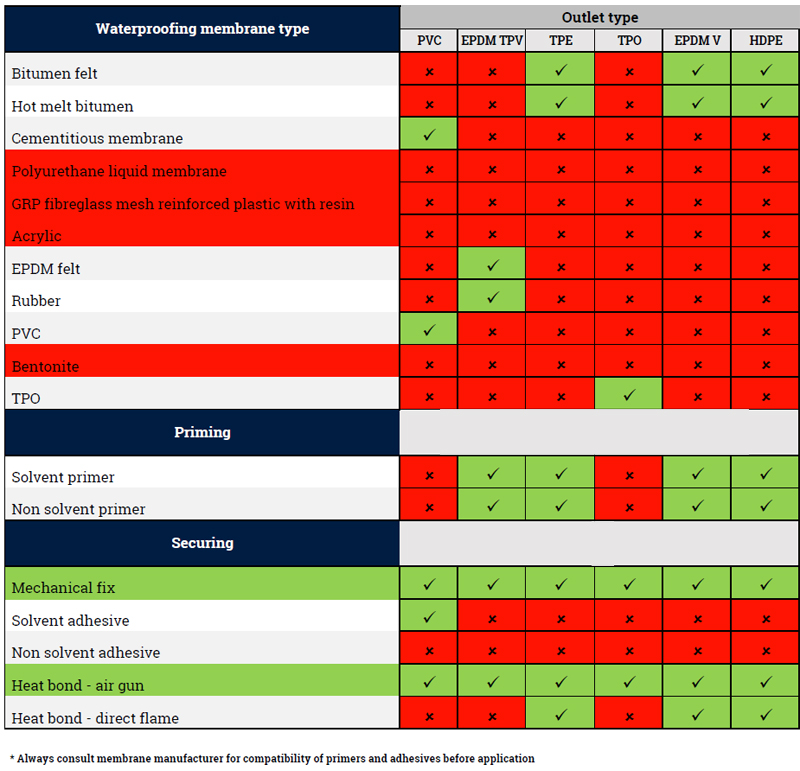Each year on May 20th, the global community unites to commemorate World Bee Day, a momentous occasion that shines a spotlight on the indispensable contributions of bees and other pollinators to our planet’s well-being. This international observance serves as a clarion call, urging governments, organisations, civil society, and concerned citizens to actively promote and safeguard the habitats and ecosystems that sustain these remarkable creatures.
Instituted by the United Nations in 2017, World Bee Day pays homage to Anton Janša, a pioneering Slovenian beekeeper who revolutionised modern apiculture techniques in the 18th century. His legacy lives on through this annual celebration, which underscores the vital role bees play in ensuring a sustainable future for all.

Bees: Nature’s Pollinators Extraordinaire
Bees are not just honey producers; they are the primary pollinators responsible for maintaining the delicate balance of our ecosystems. With over 20,000 species of bees and countless other pollinators, including butterflies, bats, and hummingbirds, these tiny creatures play a pivotal role in sustaining agriculture and preserving biodiversity worldwide.
As they flit from flower to flower, bees facilitate the reproduction of countless plant species, including a multitude of food crops that are essential to our survival. In fact, according to the Food and Agriculture Organisation (FAO) of the United Nations, a staggering one-third of global food production relies on the pollination services provided by bees.
The Multifaceted Contributions of Bees
Beyond their role as pollinators, bees contribute to our well-being in myriad ways:
- Food Security: By enabling the reproduction of various fruits, vegetables, and crops, bees play a crucial part in ensuring global food security and combating hunger.
- Biodiversity Conservation: Bees help maintain balanced and diverse ecosystems, promoting soil fertility, combating desertification, and aiding habitat restoration.
- Economic Sustenance: Beekeeping provides a vital source of income for many rural communities, with over 80 million hives producing an estimated 1.6 million tonnes of honey annually.
- Cultural Significance: Bees hold sacred significance in various religions and cultures, highlighting their profound impact on human societies throughout history.
Threats to Bees and Pollinators
Despite their immense importance, bees and other pollinators face numerous threats stemming from human activities:
- Habitat Loss: The destruction and fragmentation of natural habitats due to urbanisation, deforestation, and intensive farming practices have deprived pollinators of their vital foraging and nesting grounds.
- Pesticide Use: The excessive and indiscriminate use of agrochemicals, particularly neonicotinoid insecticides, has been linked to declining bee populations and impaired pollination capabilities.
- Climate Change: Shifting weather patterns and climate fluctuations disrupt the delicate balance of ecosystems, adversely affecting the timing of flowering and the availability of food sources for pollinators.
- Air Pollution: Preliminary research suggests that air pollutants can interfere with the scent molecules released by plants, hindering bees’ ability to locate food sources and forage efficiently.
Fostering a Bee-Friendly Future
Recognising the pivotal role of bees and pollinators in achieving the United Nations’ Sustainable Development Goals (SDGs), concerted efforts are underway to mitigate the threats they face and promote their conservation:
- Policy Initiatives: Governments and international organisations are implementing policies and regulations to reduce pesticide use, protect pollinator habitats, and promote sustainable agricultural practices.
- Public Awareness Campaigns: Educational campaigns and workshops are being conducted worldwide to raise awareness about the importance of bees and encourage individuals to adopt bee-friendly practices.
- Community Engagement: Numerous community-driven initiatives, such as pollinator-friendly gardening, urban beekeeping, and habitat restoration projects, are empowering citizens to actively contribute to bee conservation efforts.
The “Bee Engaged with Youth” Campaign
In recognition of the crucial role that the younger generation can play in addressing the challenges faced by bees and pollinators, World Bee Day 2024 is centred around the theme “Bee Engaged with Youth.” This theme underscores the importance of involving young people in beekeeping and pollinator conservation efforts, acknowledging them as the future stewards of our environment.
Through this campaign, youth and other stakeholders are being sensitised to the essential role of bees and pollinators in agriculture, ecological balance, and biodiversity preservation. By engaging young people in beekeeping activities, educational initiatives, and advocacy efforts, a new generation of environmental leaders is being empowered to make a positive impact on the world.
Fostering Diverse Agricultural Systems
One of the key strategies in promoting pollinator conservation is the adoption of more diverse agricultural systems and a reduced reliance on toxic chemicals. By facilitating increased pollination through sustainable practices, we can improve food quality and quantity, benefiting both human populations and the ecosystem as a whole.
Diverse agricultural landscapes, featuring a mosaic of crops, hedgerows, and wildflower meadows, provide pollinators with a rich array of foraging resources and nesting habitats. Additionally, the integration of organic and regenerative farming techniques minimises the use of harmful pesticides, creating a safer environment for bees and other beneficial insects.
Engaging the Global Community
World Bee Day 2024 serves as a rallying point for individuals, communities, and nations to unite in their efforts to protect and enhance pollinators and their habitats. Through a myriad of events, initiatives, and campaigns, the global community is being mobilised to take action:
- Educational Campaigns: Worldwide campaigns are being conducted to educate audiences on the essential role of bees in maintaining healthy ecosystems and promoting sustainable development.
- Workshops and Webinars: Experts from various fields are conducting sessions to illuminate the relationship between bees, their survival, and the SDGs, fostering a deeper understanding of the interconnected nature of these issues.
- Community Drives: Numerous community planting events are being organised, emphasising the SDGs related to bees by creating pollinator-friendly green spaces and restoring vital habitats.
Empowering Individuals to Make a Difference
While large-scale initiatives are crucial, every individual can contribute to the conservation of bees and pollinators through simple yet impactful actions:
- Planting Bee-Friendly Flowers: Cultivating nectar-bearing flowers, such as marigolds or sunflowers, on balconies, terraces, and gardens provides vital foraging resources for bees.
- Supporting Local Beekeepers: Purchasing honey and other hive products from local beekeepers or trusted brands helps sustain the beekeeping industry and promotes sustainable practices.
- Avoiding Harmful Chemicals: Opting for organic and sustainable food choices, as well as avoiding the use of harmful pesticides in gardens and lawns, creates a safer environment for pollinators.
- Providing Nesting Sites: Establishing bee houses or leaving undisturbed areas for ground-nesting bees can help support diverse pollinator populations.
- Spreading Awareness: Educating children and adolescents about the importance of bees and expressing support for beekeepers can foster a deeper appreciation for these vital creatures.
Conclusion: Bees – The Keystones of Our Ecosystem
As we approach World Bee Day 2024 and beyond, it is imperative that we recognise the crucial role bees play in sustaining our planet’s delicate balance. These tiny creatures are not merely producers of honey; they are the keystones of our ecosystem, ensuring food security, biodiversity, and the overall well-being of our planet.
By embracing sustainable practices, protecting pollinator habitats, and fostering a deeper appreciation for these unsung heroes, we can pave the way for a future where bees and humans coexist in harmony. The time to act is now, for the fate of our planet’s pollinators is inextricably linked to our own survival and prosperity.













